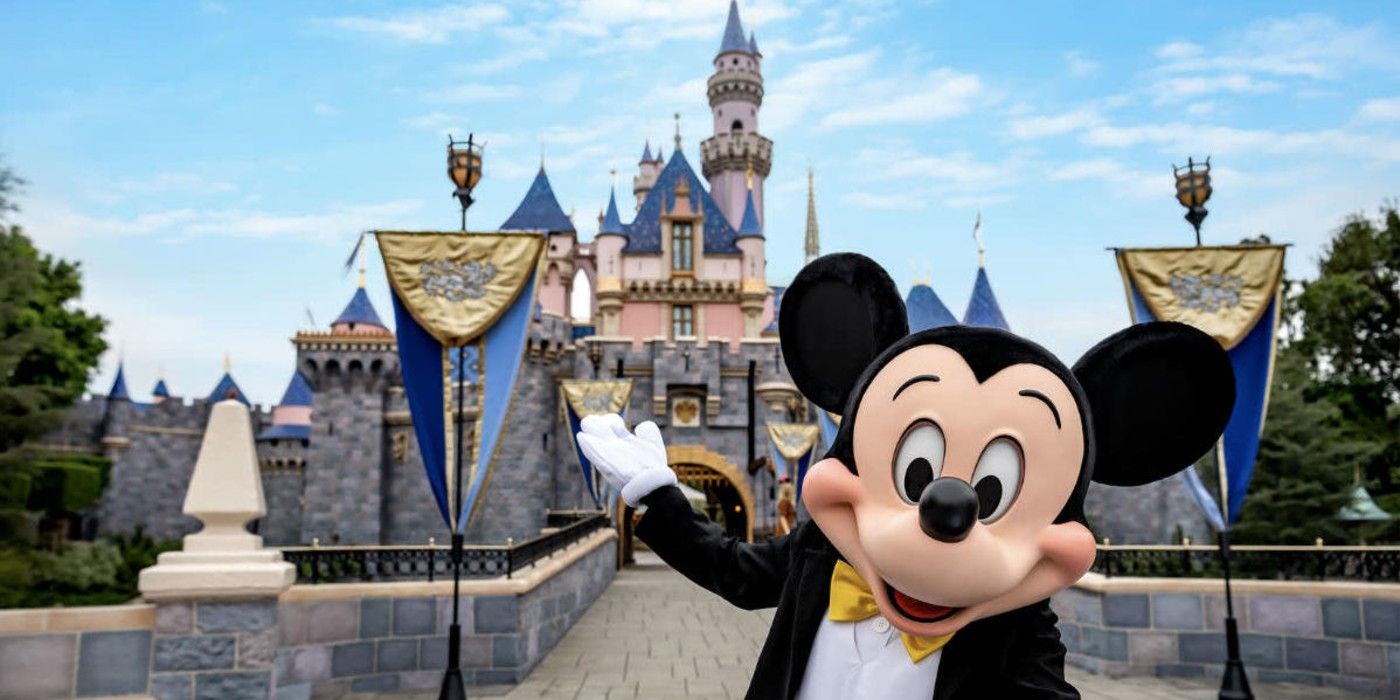ricky coasters
Roller Poster
Afternoon fellas! Reason I created this thread is because of tis' absorbing report... :

 screenrant.com
screenrant.com
With this news outta the bag, I just wanted to fire up this conversation for this topic of what ya'll think Chapek's legacy is and could be later on, theme parks and not, his choices so far for the Disney parks and the aftermaths, what you wanna see in a new CEO for this company and what they'd add, and your overall thoughts on Disney at the moment!
P.S. I debated with myself on to put this in news or not but I felt like here looks better for this type of discussion

Disney Execs Want CEO Bob Chapek Replaced, Per Scathing New Report
Many are hoping for him to fail.
With this news outta the bag, I just wanted to fire up this conversation for this topic of what ya'll think Chapek's legacy is and could be later on, theme parks and not, his choices so far for the Disney parks and the aftermaths, what you wanna see in a new CEO for this company and what they'd add, and your overall thoughts on Disney at the moment!
P.S. I debated with myself on to put this in news or not but I felt like here looks better for this type of discussion
